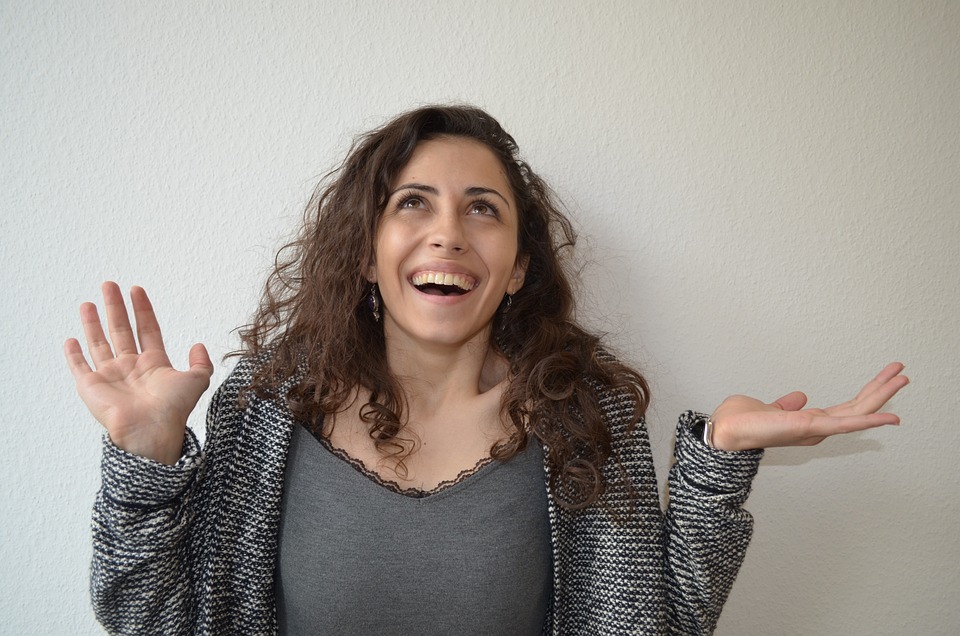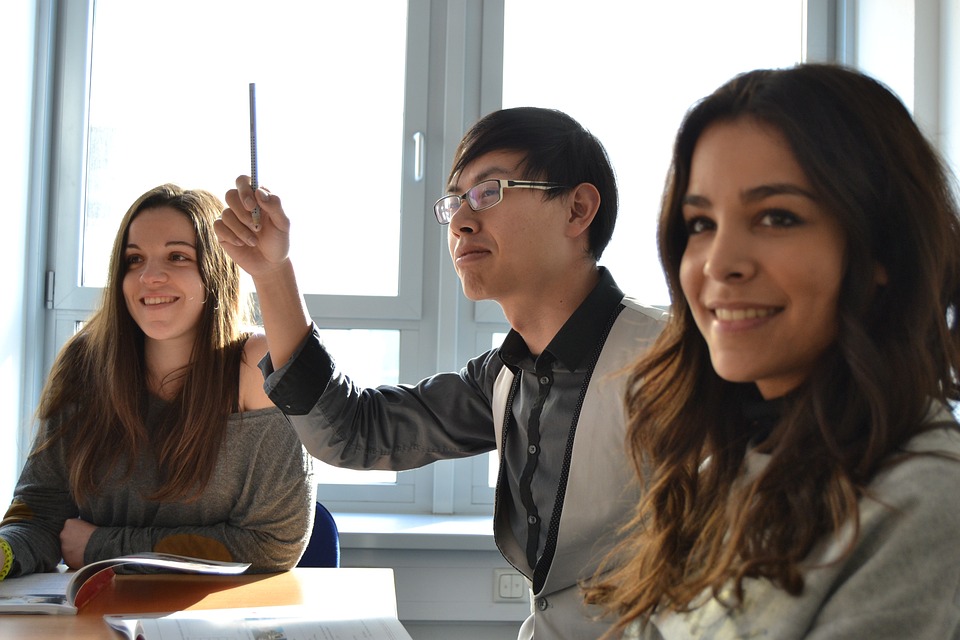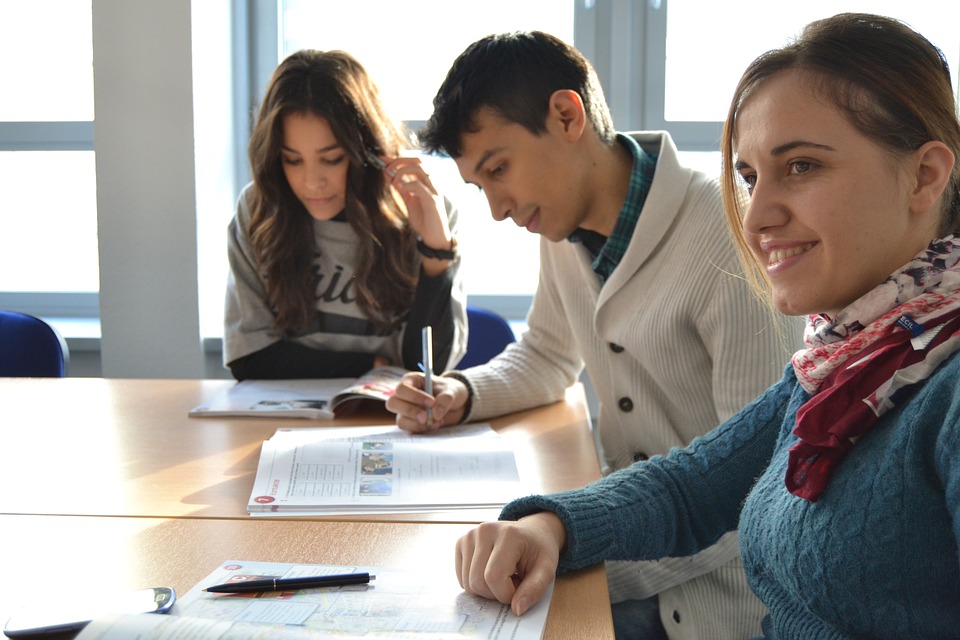Entries for the Simon Wiesenthal Prize 2023 can still be submitted until 30 June 2023.
VIENNA, June 12, 2023 /PRNewswire/ — The National Fund of the Republic of Austria for Victims of National Socialism installed at the Austrian Parliament has announced the third edition of the Simon Wiesenthal Prize. The prize has a total endowment of 30,000 euros and pays tribute to individuals and organisations from Austria and abroad who have demonstrated special civic engagement to combat antisemitism and educate the public about the Holocaust.
The Simon Wiesenthal Prize 2023 will be awarded in the categories “civic engagement to combat antisemitism” and “civic engagement to educate the public about the Holocaust”. Each category is endowed with prize money of 7,500 euros. The Main Prize endowed with 15,000 euros is awarded for outstanding civic engagement to combat antisemitism and/or to educate the public about the Holocaust,.
The submission period is open until 30 June 2023. Entries can be submitted using the online application form. Individuals and groups can be nominated or enter themselves for the prize – anyone can participate, regardless of citizenship. The prize is aimed at a wide range of people – dedicated individuals, regional initiatives, school pupils and many others. Grassroots initiatives are also eligible to enter. Special consideration will be given to projects, initiatives and achievements that create fresh impetus, set an example for others and appear capable of having a lasting impact on the present and the future.
You can find more details on the procedure and the terms and conditions for entering in the guidelines.
The prizewinners are chosen by the Board of Trustees of the National Fund from a shortlist drawn up by the Simon Wiesenthal Prize Jury. The Jury is chaired by Katharina von Schnurbein, Antisemitism Commissioner of the European Commission since December 2015. Its five other members are Monika Schwarz-Friesel, full professor at the Institute for Language and Communication at the Technical University of Berlin, Brigitte Bailer, lecturer in Contemporary History at the University of Vienna, Barbara Stelzl-Marx, university professor for European Contemporary History at the Karl Franzens University of Graz, as well as Ariel Muzicant, who was appointed as representative by Simon Wiesenthal’s family, and Jewish Community President Oskar Deutsch.
In 2021, 284 entries for the prize were received from 31 countries around the globe. The winners of the Main Prize were the contemporary eyewitnesses Lily Ebert (Great Britain), Zwi Nigal (Israel), Karl Pfeifer (Austria) and Liliana Segre (Italy). The prizes for the two individual categories were won by the Jewish Forum for Democracy and Against Anti-Semitism (Germany) and the Austrian Research Agency for Post-War Justice (Austria). In 2022, 263 entries were submitted, originating from 33 different countries. The winners were Zikaron BaSalon (Israel), Waltraut Barton (Austria) and Mohammed S. Dajani Daoudi (Israel). Special tribute was also paid to the contemporary eyewitnesses Wanda Albińska (Poland), Lucia Heilman (Austria), Tswi Herschel (Israel) and Jackie Young (Great Britain).
The Simon Wiesenthal Prize is awarded in a ceremony held at the Austrian Parliament, which will take place in March 2024.
Idea and Background
The idea of establishing a prize for special civic engagement to combat antisemitism and educate the public about the Holocaust first took shape on a trip to Israel made by National Council President Wolfgang Sobotka in July 2018, during which he met Simon Wiesenthal’s granddaughter, Racheli Kreisberg.
“Simon Wiesenthal did everything within his power to hunt down the perpetrators of the Holocaust and bring them before the courts”, said National Council President Wolfgang Sobotka in praise of Simon Wiesenthal’s achievements. “His motive was not vengeance, but a clear inner conviction to justice and the rule of law. When a republic has established itself as a constitutional state for the second time, then it is up to that republic to see to it that the rule of law under which it exists is enforced”, said National Council President Wolfgang Sobotka.
In November 2018, with the backing of the Wiesenthal family, the proposal was made to name this prize after Simon Wiesenthal, who had dedicated his life to raising awareness of the Holocaust: “Particularly in this day and age, when racism and antisemitism in our society are on the rise and Holocaust denial is once again becoming more widespread, Austria’s decision to establish a Simon Wiesenthal Prize is a very significant one,” explained Paulinka Kreisberg, daughter of Simon Wiesenthal. The prize was entirely in the spirit of her father. He had fought antisemitism and campaigned for the memory of the Holocaust’s victims. Simon Wiesenthal would have been honoured that the prize bears his name, his daughter emphasised.
Simon Wiesenthal (1908–2005) had an unparalleled impact around the globe on dealing with Nazi crimes. From the day of his liberation from Mauthausen concentration camp, he made it his life’s work to foster remembrance of the victims of Nazi terror, to name the perpetrators of Nazi crimes and to hold them accountable. The prize honours the memory of the architect, publicist and writer Simon Wiesenthal.
Enquiries:
National Fund of the Republic of Austria for Victims of National Socialism
Parliament, Dr.-Karl-Renner-Ring 3, 1017 Vienna
Tel. +1 408 12 63
E: [email protected]
W: www.nationalfonds.org
SOURCE National Fund of the Republic of Austria for Victims of National Socialism
Originally published at https://www.prnewswire.com/news-releases/simon-wiesenthal-prize-for-civic-engagement-to-combat-antisemitism-and-educate-the-public-about-the-holocaust-301848077.html
Images courtesy of https://pixabay.com






